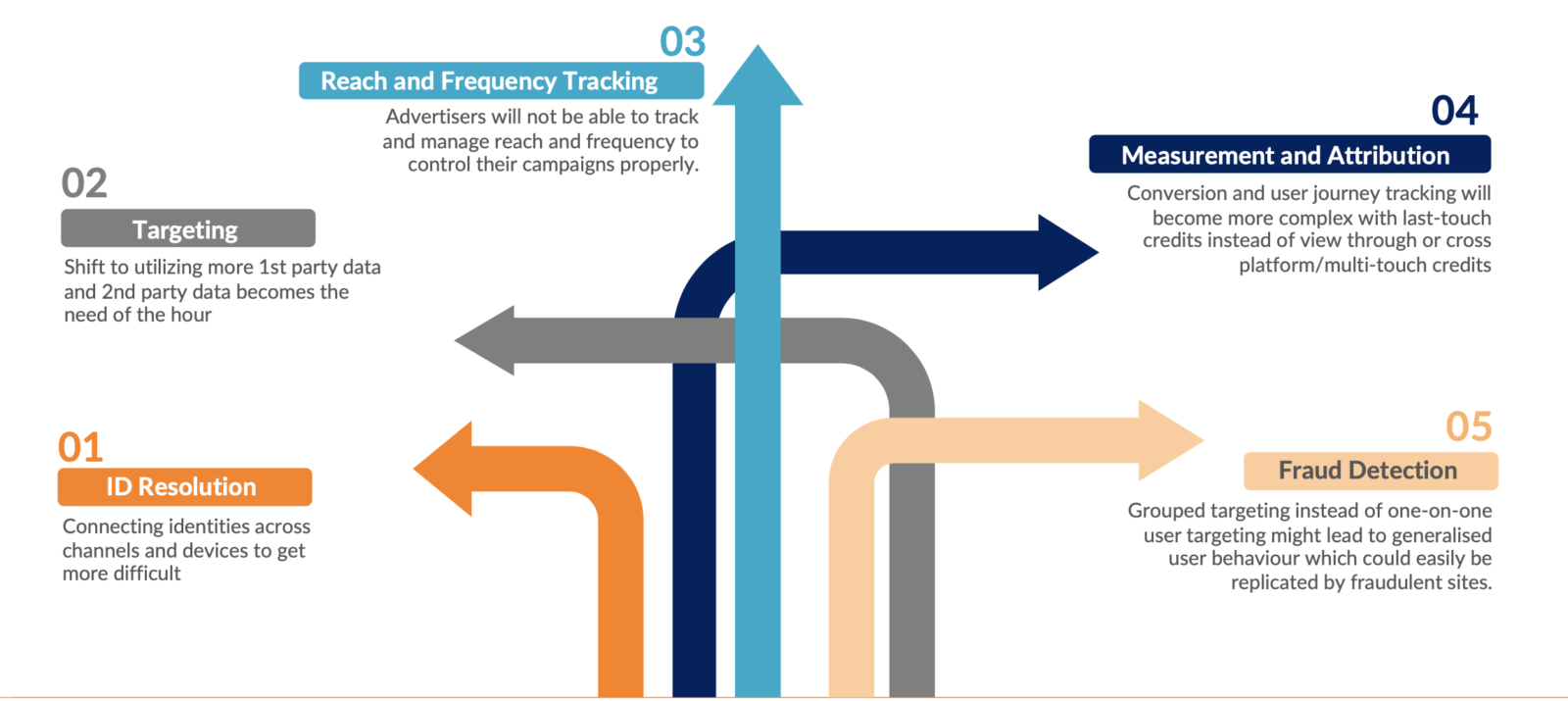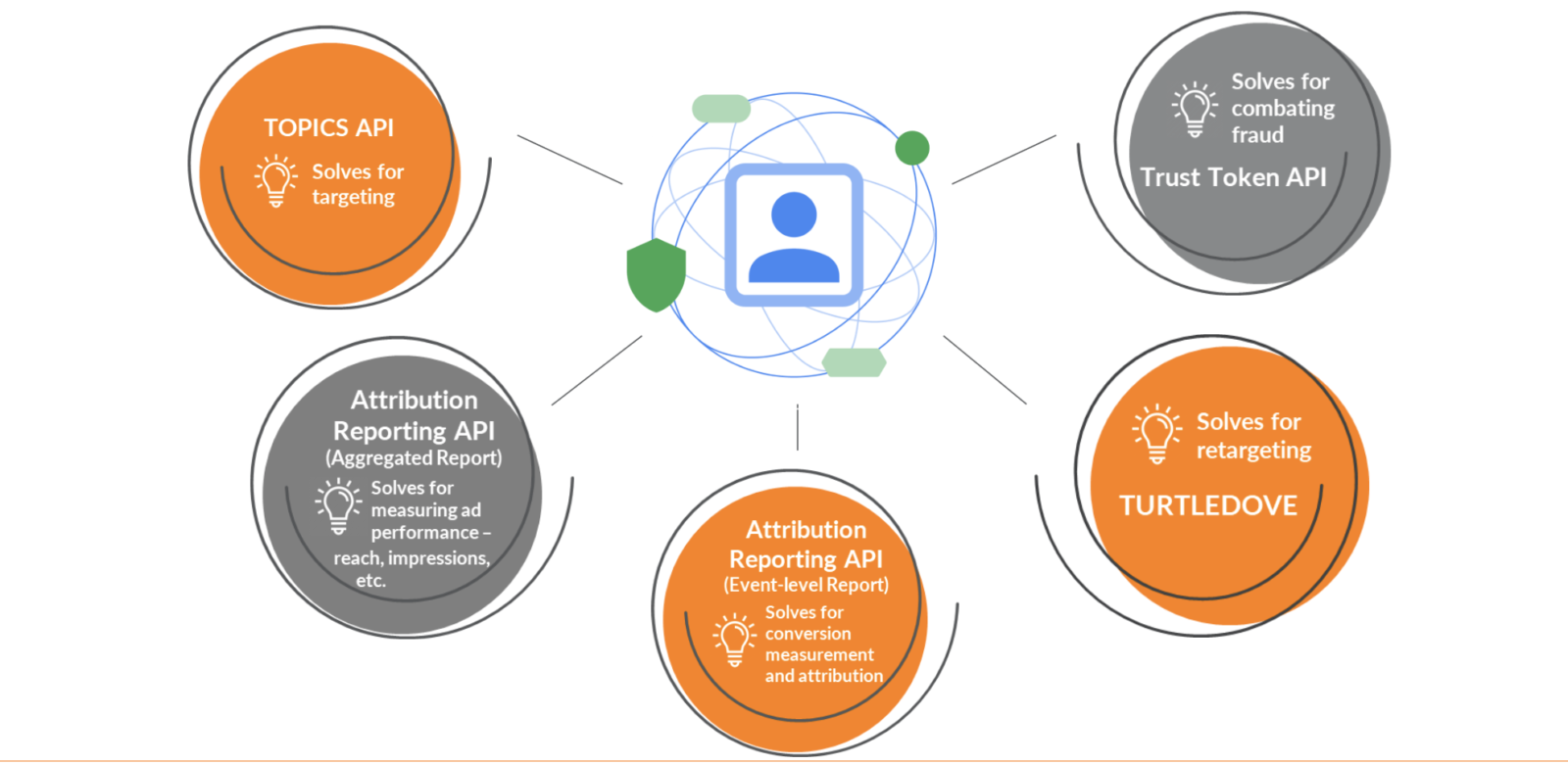Paid Search In A Cookieless World: Are You Ready?

Discover how to succeed beyond the cookie and learn new strategies to drive performance and quality acquisitions.
A cookieless world: What will this major shakeup do for your business or clients?
What impact will this hit to digital advertising have on lead quality from your paid marketing campaigns?
The elimination of third-party cookies means Google will become even more of a walled garden.
How will you adapt to overcome this change?
On February 9, I moderated a sponsored webinar presented by Sreekant Lanka, SVP of Digital Solutions at iQuanti.
Lanka demonstrated success beyond the cookie and new strategies to drive performance and quality acquisitions.
Here is a quick summary of the webinar. To access the entire presentation, complete the form.
The Evolving Privacy Landscape
When it comes to cookies and browsing data, the privacy regulation landscape is evolving in terms of user, advertising, and platform perspective.
Marketers need to keep pace.
1. Customer mindset is changing.
2. There are rapid changes in the cookie landscape.
3. Privacy policy landscape is leading tech changes.
The focus on privacy started in 2018, leading to changes in the legal and technology landscape.
The Impact On Advertising Capabilities
The move to a privacy-first world has significant implications for the entire digital ecosystem.
A cookieless world will impact these channels:
- Programmatic Display.
- Paid Social.
- Paid Search.
At a meta-level, these are some of the additional capabilities which are going to be impacted:
- ID Resolution.
- Targeting.
- Reach and frequency tracking.
- Measurement and attribution.
- Fraud detection.

iQuanti, February 2022
Google’s Solution
Google came up with proposals in the privacy sandbox, which will help with providing anonymous browsing.

The three things which will affect search from Google’s privacy sandbox:
- Topics API.
- Attribution reporting.
- Turtledove.
Other market players are also changing a lot around the identity space on every other platform.
What Should Search Marketers Do?
With paid search becoming increasingly competitive, what should search marketers do?
7 Tactics You Can Start Doing Today
- Renew focus on driving campaign efficiencies.
- Maximize the potential of your first-party data.
- Leverage paid search for mid-funnel.
- Maximize the potential of Google Marketing Platform.
- Create a long-term strategy for MarTech stack.
- Solve for measurement and attribution.
How To Build Results In Paid Search:
Step 1: Maximize the potential of your first-party data.
Step 2: Focus on efficiency with keyword expansion and ad copy to landing page tactics.
Step 3: Onboard with offline and conversion feed data used in paid campaigns for better ROAS.
Step 4: Break organization silos; brand, acquisition, technology & analytics teams to work together.
Step 5: Build a connected marketing and data ecosystem by implementing full GMP stack and MarTech stack
Step 6: Stronger focus on ROAS for long-term efficiencies.
Step 7: Solve for measure and attribution to increase efficiencies of media budgets.
Step 8: Continuously optimize cross-channel tactics to minimize impact changes.
Though there is still much uncertainty about the future and many things you cannot control, you can still take steps to ensure you come out on top.
Key Takeaways
- Keep a close eye on the latest developments in the industry, such as Google Sandbox initiatives, identity resolution-led initiatives, browser and device changes, etc.
- Test out alternate tactics which address improved targeting, measurement, and data usage ahead of time to discover the best channels for your business and build a future-proof enterprise strategy.
- Start building a robust infrastructure that maximizes the potential of first-party data and ensures compliance with the new privacy regulations.
___
by Heather Campbell
source: SEJ

